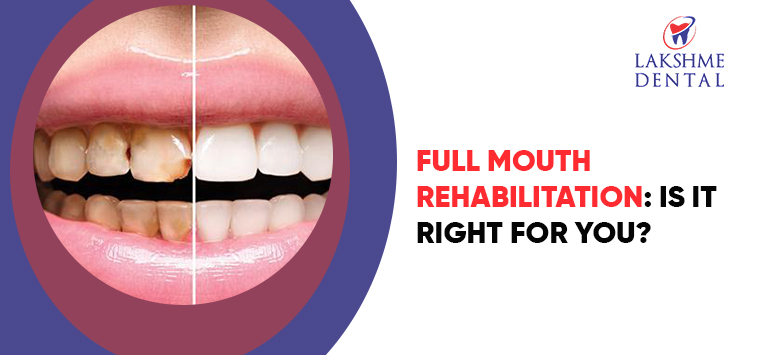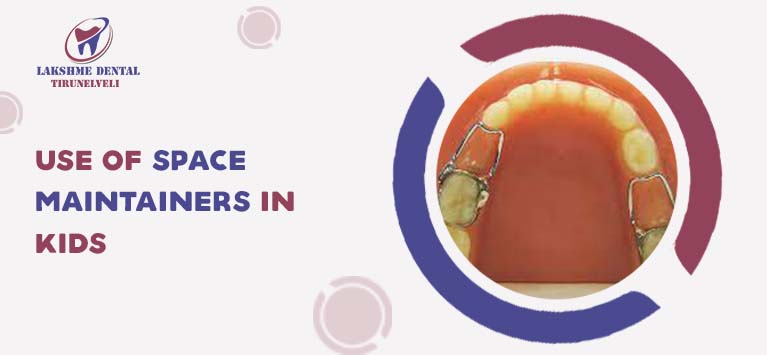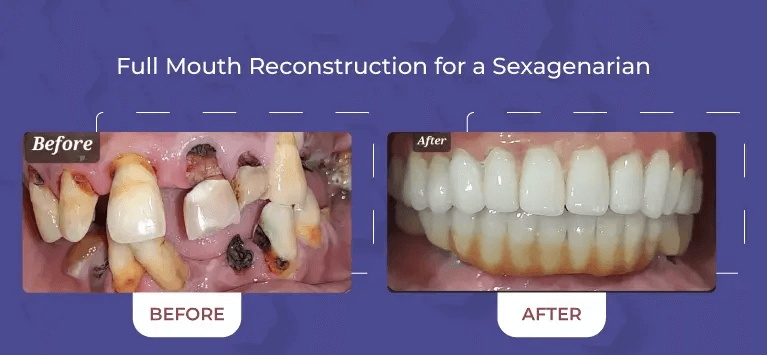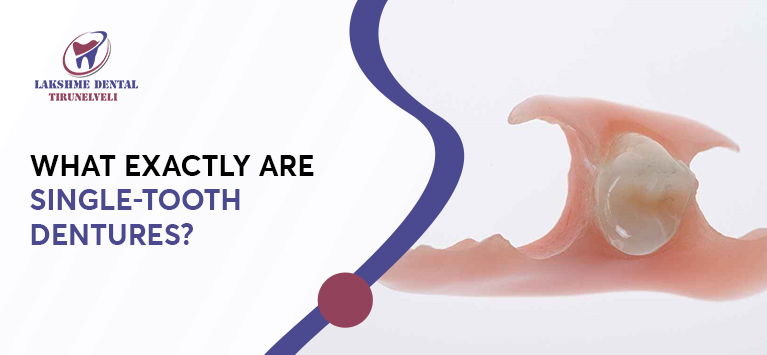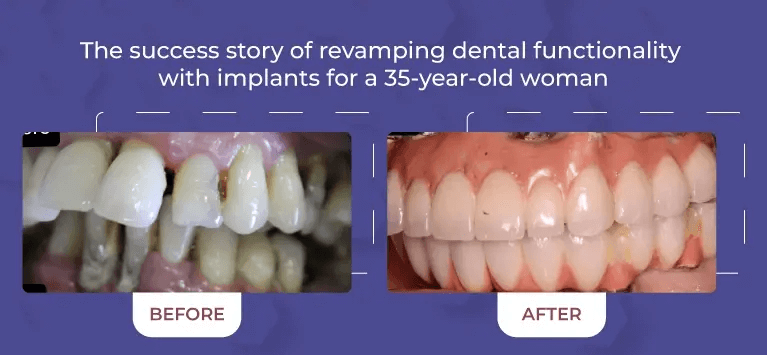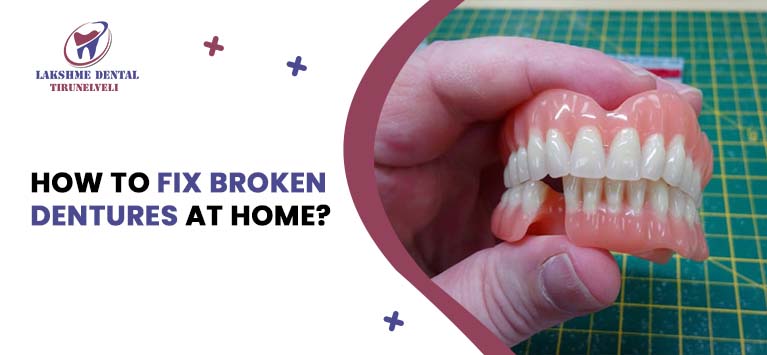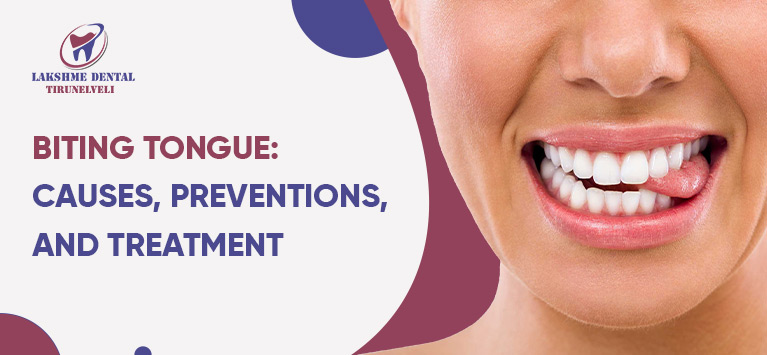
Denture Stomatitis Treatment: Tips and Best Practices
Denture stomatitis, also known as thrush, is a common fungal infection that affects many denture wearers. It typically appears as redness, swelling, and sometimes sores on the roof of the mouth, under the denture. This condition is caused by the overgrowth of Candida albicans, a type of yeast. Fortunately, with proper care and treatment, denture stomatitis can be effectively managed and prevented from recurring. In this blog, we will explore various tips and best practices for treating denture stomatitis. We will ensure that you have the information you need to maintain oral health and comfort.
Understanding Denture Stomatitis
Denture stomatitis, or denture-related candidiasis, is a fungal infection that commonly affects denture wearers. Symptoms include inflammation and redness in the tissues underlying a denture. This condition occurs when the yeast Candida albicans proliferates due to factors such as poor oral hygiene, ill-fitting dentures, or prolonged denture wear.
Causes and Risk Factors of Denture Stomatitis
Understanding the causes and risk factors of denture stomatitis is essential for prevention and effective management:
Poor Oral Hygiene
Failure to clean dentures regularly can lead to bacterial buildup, which contributes to inflammation and irritation.
Denture Fit
Ill-fitting dentures can cause irritation and discomfort, increasing the risk of stomatitis.
Diet
Consuming spicy, acidic, or sharp foods can irritate the mucous membranes.
Age
Older adults are more susceptible due to reduced saliva production and compromised immune systems.
Medical Conditions
Certain conditions like diabetes, HIV/AIDS, and cancer can increase the risk of stomatitis.
Knowing these causes can help individuals take proactive steps to minimize their risk of denture stomatitis and maintain optimal oral health.
Symptoms of Denture Stomatitis
Recognizing the symptoms of denture stomatitis is crucial for early detection and prompt treatment:
Redness and Swelling
Inflamed mucous membranes can appear red and swollen.
Pain and Discomfort
Painful sensations can occur when eating or speaking.
Bad Breath
Persistent bad breath can be a sign of stomatitis.
Difficulty Swallowing
Difficulty swallowing food or liquids can indicate the condition.
Promptly addressing these signs with dental care can help alleviate discomfort and prevent complications associated with denture stomatitis.
Diagnosis of Denture Stomatitis
Diagnosing denture stomatitis typically involves the following methods:
Visual Examination
Dentists can visually inspect the mouth to identify signs of inflammation.
Biopsy
Sometimes, a biopsy may be needed to exclude other conditions.
These diagnostic methods enable dentists to accurately diagnose and recommend appropriate treatment for denture stomatitis, ensuring effective management of the condition.
Tips for Prevention
Preventing denture stomatitis involves adopting good oral hygiene practices and proper care of dentures. Here are some effective tips to prevent this condition:
Remove and Clean Dentures Daily
Properly clean dentures every day to remove food particles and plaque that can harbour yeast and bacteria.
Brush Your Gums and Tongue
Use a soft-bristled toothbrush to gently brush your gums, tongue, and palate every morning before inserting dentures.
Soak Dentures Overnight
Soaking dentures in an antifungal solution or denture cleaner overnight can help eliminate yeast and bacteria.
Visit Your Dentist Regularly
Schedule regular dental check-ups to ensure your dentures fit properly and to detect any signs of denture stomatitis early.
By following these preventive tips, you can significantly reduce the risk of developing denture stomatitis and maintain your oral health.
Treatment Options for Denture Stomatitis
When denture stomatitis occurs, prompt treatment is essential to alleviate symptoms and prevent complications. Treatment options typically include both at-home remedies and professional interventions.
At-Home Remedies for Denture Stomatitis
Managing denture stomatitis at home involves simple yet effective practices that can help alleviate discomfort and promote healing:
- Maintain Good Oral Hygiene: Brush your gums, tongue, and palate daily to keep the oral cavity clean and reduce the growth of yeast.
- Use Saltwater Rinse: To aid in reducing inflammation and promoting healing, rinse your mouth with warm saltwater multiple times daily.
- Apply Antifungal Cream: Use over-the-counter antifungal creams or gels as directed by your dentist to treat the fungal infection.
- Ensure Proper Denture Care: Clean and soak dentures regularly to prevent further irritation and reinfection.
These at-home remedies can complement professional treatment and expedite recovery from denture stomatitis.
Professional Interventions
In severe cases or when home remedies are ineffective, seeking professional dental treatment is crucial. Here are some common professional interventions for denture stomatitis:
- Prescription Antifungal Medications: Dentists may prescribe stronger antifungal medications in the form of tablets or mouth rinses to combat stubborn infections.
- Denture Adjustment or Replacement: If dentures are poorly fitting or contribute to the recurrence of stomatitis, adjustments or replacements may be necessary.
- Oral Prophylaxis: Professional cleaning of dentures and oral tissues can help remove stubborn plaque and yeast buildup.
Consulting with a dentist allows for personalized treatment recommendations tailored to your specific condition and oral health needs.
Lifestyle Tips for Managing Denture Stomatitis
In addition to proper oral hygiene and professional treatment, certain lifestyle adjustments can help manage and prevent denture stomatitis effectively:
Avoid Smoking and Alcohol
Both smoking and excessive alcohol consumption can exacerbate oral irritation and weaken the immune system, making you more susceptible to infections.
Maintain a Balanced Diet
Eating a nutritious diet rich in vitamins and minerals can support overall oral health and boost immune function.
Stay Hydrated
Drinking plenty of water helps maintain moisture in the mouth and can aid in flushing out harmful bacteria and yeast.
Practice Stress Management
Stress can weaken the immune system. So, practising relaxation techniques such as yoga or meditation may help reduce the risk of oral infections.
Incorporate these tips into your daily routine to enhance the effectiveness of treatment and reduce the likelihood of recurrent denture stomatitis.
Summing Up
Denture stomatitis is a common oral condition. It can be effectively managed and prevented with the right approach to oral care and treatment. With this, individuals wearing dentures can significantly reduce the risk of developing this uncomfortable fungal infection. Remember to maintain good oral hygiene, seek timely dental care, and make necessary lifestyle adjustments. These are key to keeping your mouth healthy and comfortable while wearing dentures. If you suspect you have denture stomatitis or have persistent oral discomfort, consult your dentist for proper diagnosis and treatment. With proper care, you can enjoy a comfortable and healthy smile for years to come.




